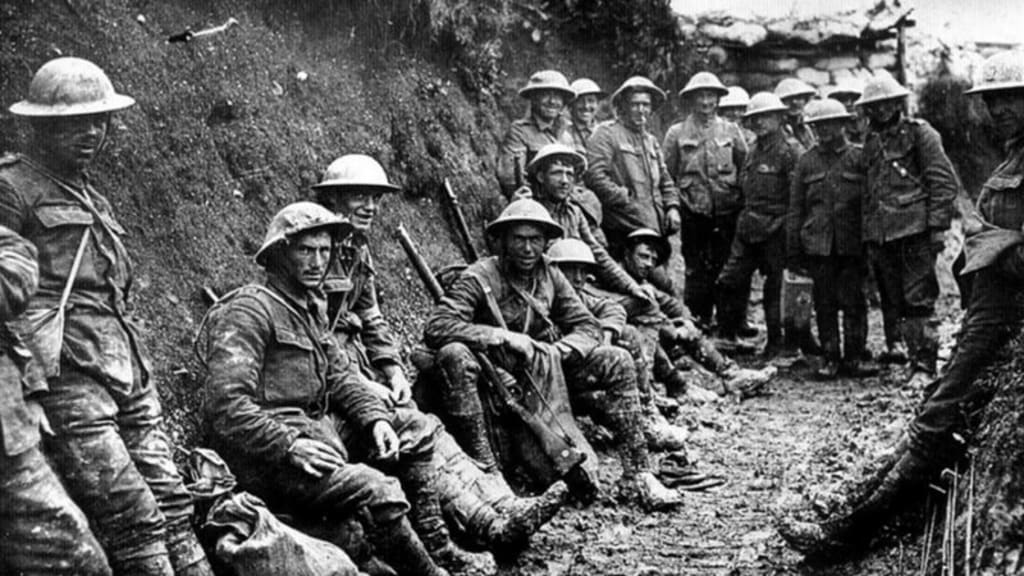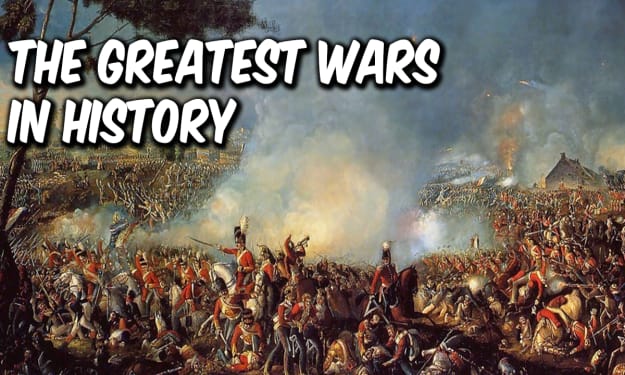The Complex Victors of World War I: Unraveling the Threads of Success
Who Won World War I

World War I, often termed "The Great War," was a global conflict that lasted from 1914 to 1918, involving major powers from Europe and beyond. Determining a clear winner of World War I is a complex task, as the outcomes were multifaceted, with political, economic, and social ramifications reshaping the world order. While the Allies emerged victorious, attributing a singular triumph to any one nation or alliance fails to capture the intricate dynamics that shaped the aftermath of the war.
The Allies' Collective Victory:
The Allies, composed of nations such as France, the United Kingdom, Russia, and later joined by the United States and others, are commonly regarded as the victors of World War I. The Treaty of Versailles in 1919 formally ended the war, and the terms heavily favored the Allies, particularly the French and British. Germany, the central power that faced the brunt of the blame, was disarmed, subjected to territorial losses, and burdened with immense reparations.
France and the United Kingdom:
France and the United Kingdom, as key members of the Allies, played crucial roles in securing victory. The British naval blockade significantly weakened the Central Powers, cutting off their access to vital resources and crippling their economies. Meanwhile, the French, despite the devastating impact of the war on their territory, contributed significantly to the war effort, particularly during the battles of Verdun and the Somme.
The United States:
The entry of the United States into the war in 1917 proved to be a turning point. The American Expeditionary Force, under the command of General John J. Pershing, injected fresh manpower and resources into the Allied effort. The timely intervention of the United States helped tip the balance in favor of the Allies, accelerating the end of hostilities. However, it's essential to note that the U.S. emerged from World War I as a rising global power rather than a nation directly affected by the war's physical devastation.
The Dissolution of the Central Powers:
While the Allies collectively achieved victory, attributing the defeat solely to the Central Powers' military inadequacies oversimplifies the intricate causes of their downfall. The dissolution of the Ottoman Empire, Austro-Hungarian Empire, and the German monarchy marked the disintegration of the Central Powers. Internal strife, economic hardships, and societal unrest within these empires weakened their ability to sustain the war effort.
The Impact of New Technologies and Warfare:
World War I witnessed the introduction of new and devastating military technologies. The use of trench warfare, machine guns, poison gas, and tanks transformed the nature of conflict. The Allies adapted more effectively to these innovations, developing strategies that capitalized on their technological advantages. The failure of the Central Powers to adapt and overcome these challenges significantly contributed to their ultimate defeat.
Social and Economic Ramifications:
The aftermath of World War I brought about profound social and economic changes. The war had a devastating impact on the economies of all nations involved, but the Central Powers, particularly Germany, bore the brunt of the economic burden imposed by the Treaty of Versailles. Hyperinflation, unemployment, and economic hardship fueled social unrest, paving the way for political upheavals in the defeated nations.
The Unintended Consequences:
The winners of World War I were not immune to the unintended consequences of their victory. The harsh terms of the Treaty of Versailles, designed to punish Germany, sowed the seeds for future conflicts. The economic and political instability in Germany contributed to the rise of Adolf Hitler and the outbreak of World War II, highlighting the complexity of victory in the aftermath of a global conflict.
Conclusion:
Determining the winner of World War I requires a nuanced understanding of the multifaceted factors that shaped the conflict and its aftermath. While the Allies emerged victorious, attributing a singular triumph to any specific nation or alliance oversimplifies the intricate dynamics at play. World War I set the stage for significant geopolitical shifts, redrawing borders, and reshaping the global order. The lessons learned from this war, including the unintended consequences of punitive treaties, remain relevant reminders of the complexities inherent in determining winners and losers in the aftermath of conflict.
About the Creator
Okosisi Great
I am an Independent writer and student, I've always loved writing and i love to share that with others.





Comments
There are no comments for this story
Be the first to respond and start the conversation.